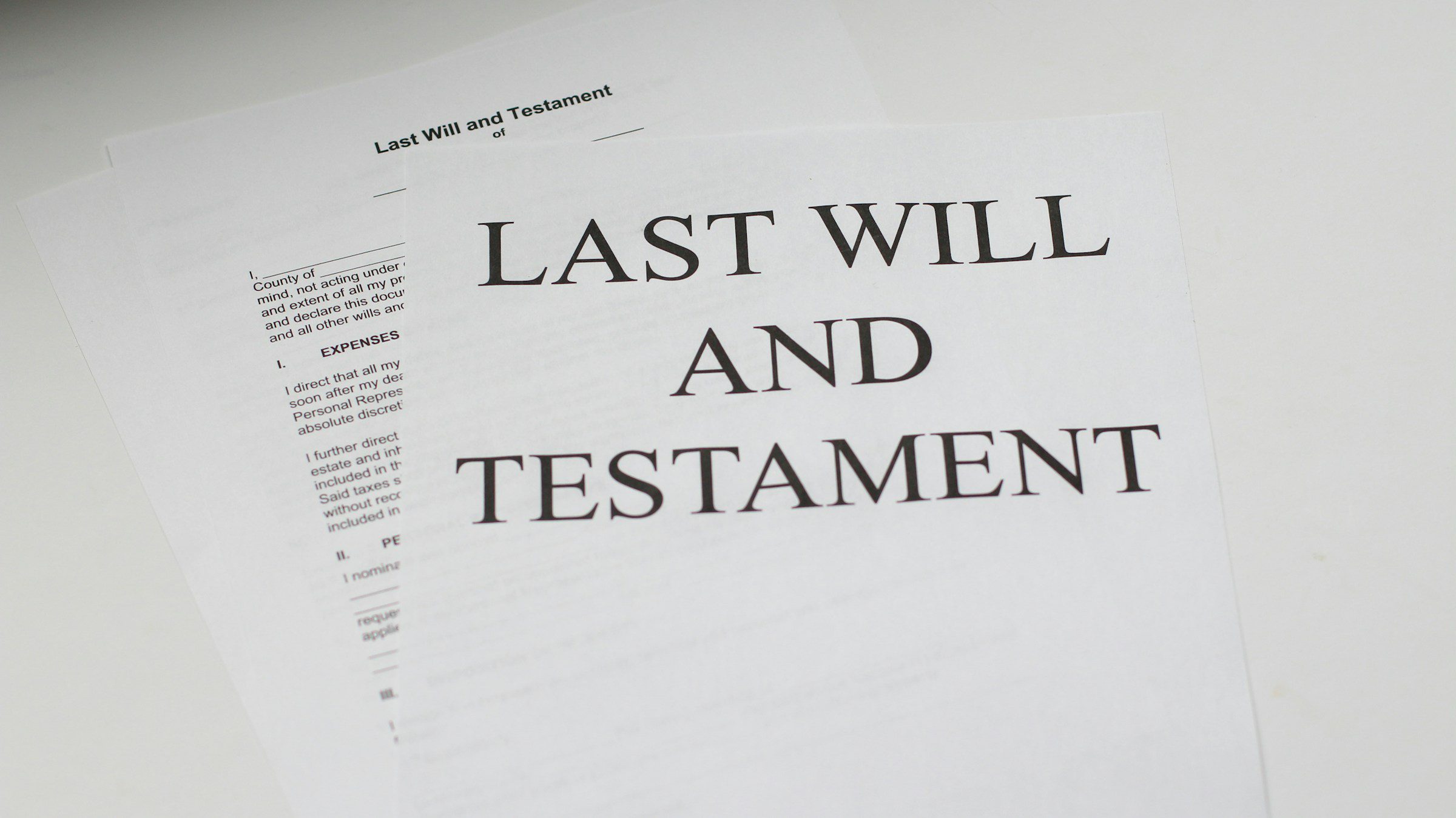
Managing the inheritance is one of the most critical aspects of managing your wealth and finances. Inheritance is a substantial amount of money or assets that you receive from a loved one who has passed away. It is a testament to their love and care for you and their hope that the money or assets will be put to good use.
Inheritance is an emotional issue that can often cause conflicts within families, but it is crucial to deal with it in a manner that is both fair and respectful to all parties involved. This article will discuss the importance of managing your inheritance and the various tax implications that you need to consider in Australia.
Why Manage Inheritance?
The first step in managing your inheritance is to ensure that the process is carried out smoothly. If you are the executor of the estate, it is essential to understand your legal responsibilities and obligations. This includes ensuring that all debts and taxes are paid, and that the assets are distributed to the correct beneficiaries.
Managing an inheritance can also help you to maintain your financial stability and independence. By properly investing the money or assets, you can secure your financial future and ensure that you are able to live the life that you want, and also ensure that the inheritance lasts for generations to come.
Inheritance Tax
In Australia, the government abolished federal estate duties in 1979, and eliminated estate duty at the state/territorial level by 1982. However, there are still some tax implications that you need to consider when managing your inheritance.
One of the most important tax considerations is capital gains tax (CGT). Capital gains tax is a tax on the increase in value of an asset that you have held for more than 12 months. This tax applies to assets such as real estate, shares, and other investments.
Inherited assets are exempt from CGT if the deceased held the asset for more than 12 months before their death. However, if the asset was held for less than 12 months, CGT will be calculated based on the market value of the asset at the time of death.
Income tax is another important consideration when managing your inheritance. If you receive income from the inheritance, such as rent from a property or dividends from shares, you will need to pay the associated tax.
It is important to note that the ATO has tax implications for different types of assets, especially for deceased estates, so it is essential that you have a registered tax agent with the ATO helping you assess the amount of tax to be paid.
Using the inheritance
Financial advisors are sometimes the first to be approached by inheritance beneficiaries, as loved ones could invite some unwanted scrutiny. Depending on the level of discussions, many advisors counsel using the inheritance in a number of ways.
Settling arrears
It goes without saying that when people receive a large inheritance, they may use it to pay off all their outstanding debts. This is especially beneficial for settling high-interest debts and credit card balances (and possibly avoiding their use in the foreseeable future).
Do you want to have some of your inheritance to aid in refinancing your mortgage and pay off your house many years ahead? It’s very tempting, but anything is possible!
Superannuation
You can programme part of the inheritance to your superannuation account. However, while there are no taxation issues with adding to the super aside from marginal CGT rates, the ATO mandates the maximum limit you can put in every fiscal year to avoid contribution cap charges.
Trust fund
A part of your inheritance can be put into a trust fund, with a purpose you must properly define. Some advisors can recommend using that trust fund for an investment portfolio, which may bring up dividends depending on market conditions. If you intend to set up a trust fund for your children’s future, a good tip is to mandate that the children cannot access the account until they reach adulthood and have demonstrated competence with handling money.
Philanthropy
What if the advice you got leaned on putting some inheritance for a charity? If you take out some cash and donate it to a charity organisation, you must research whether that organisation is on the ABN’s list of deductible gift recipients (DGR). The ATO allows charity cash donations as tax-deductible provided the DGR meets certain conditions listed here.
A finance app such as 2 Ezi may be a valuable ally to aid your inheritance management. The app’s budget manager allows you to keep track of all your bank balances and assets while giving you the space to plan your financial goals, especially when you are angling your inheritance for a future endeavour.
Conclusion
Learning to fully manage your inheritance is an essential aspect of managing your wealth and finances. It is a way to ensure that your financial future is secure and that you are able to live the life that you want. Inheritance can generate various issues among a deceased’s surviving family, a fair resolution can ease the path going forward.
DISCLAIMER: This article is for informational purposes only and is not meant as official probate/estate planning advice. 2 Ezi has no relations with any estate planning service or tax agent. Please consult your estate solicitor and tax agent.

